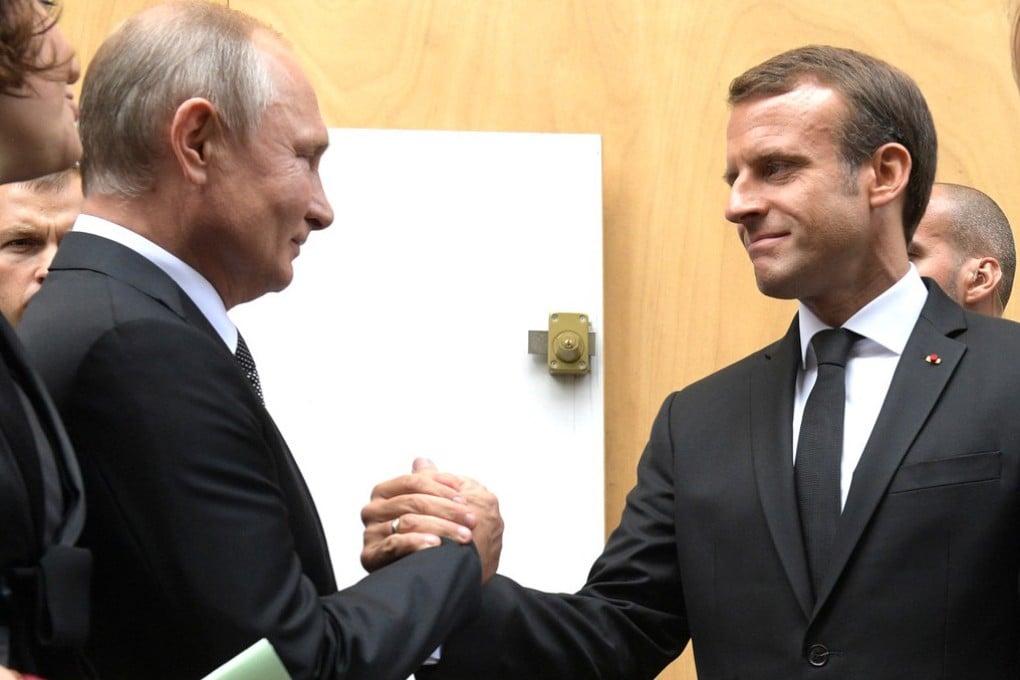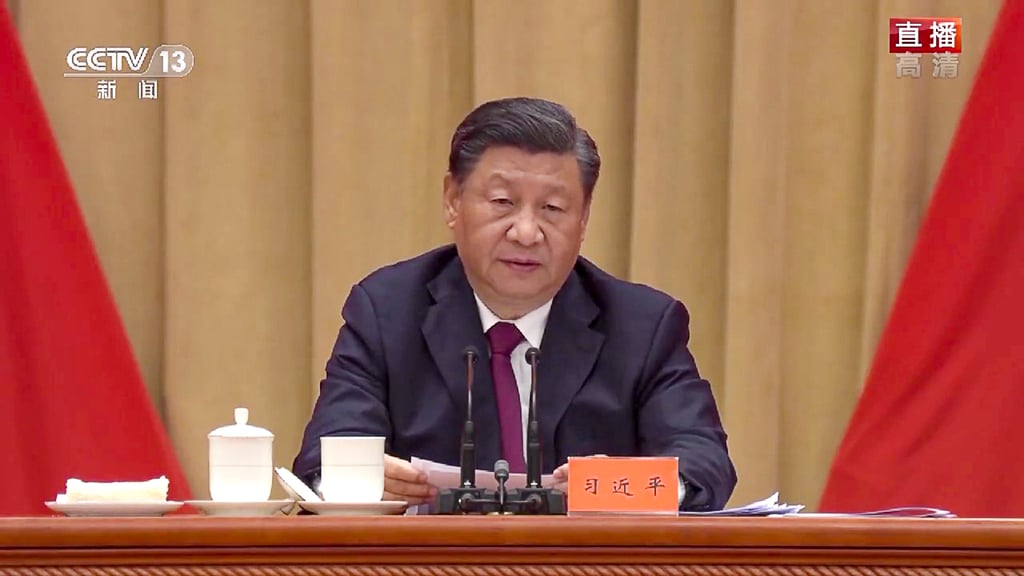Editorial | EU’s interests do not always have to tie with those of the US
- Europe is a major pillar of the global order, so it needs an independent policy and strategy

Relations between China and the European Union are strained, the war in Ukraine and Beijing’s refusal to condemn Russia’s invasion adding to tensions over democracy, human rights and other issues. But the leaders of individual nations are usually pragmatic, as was apparent in video conversations between President Xi Jinping and his French and German counterparts.
The tone was cordial, with common ground apparent on the benefits of improved ties, particularly on boosting trade and investment. It is, after all, in the interests of Europeans to think independently, no matter whether it is on the economic or security front.
In separate calls, Xi told French President Emmanuel Macron and German Chancellor Olaf Scholz that China and Europe had more common interests than differences and needed to work together. They agreed to deepen cooperation on areas including commercial ties, supply chains, trade and investment, climate change and Covid-19.
Ukraine understandably also featured, Xi urging greater efforts for a peaceful resolution through helping get Moscow and Kyiv to the negotiating table. But with the United States pushing its European allies to pile evermore sanctions on its rival, Russia, there appears little appetite among Europeans for a negotiated settlement.

Washington’s influence on European foreign and defence policy is of particular concern for Beijing, which has been locked in its own rivalry with the US since a trade war was launched four years ago. US President Joe Biden’s administration has been urging its allies to follow suit and the success of the strategy was apparent at a summit of the EU and Japan in Tokyo on Thursday, discussions focusing on Ukraine and strengthening cooperation to ensure a “free and open” Asia-Pacific, a veiled reference to China’s claimed assertiveness.

